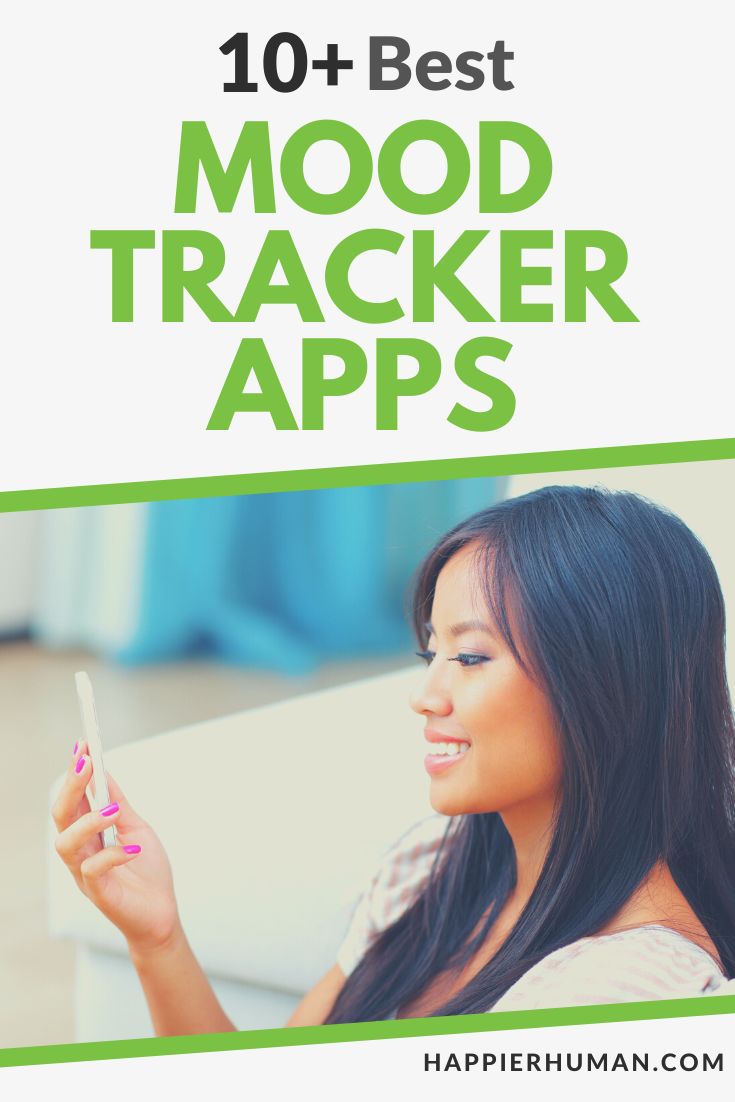Need a simple tool to track your moods?
If so, then you should consider checking out one (or a few) of the best mood tracker apps that we have detailed in this blog post.
Mood tracking is a technique in positive psychology that includes the tracking, recording, and analysis of a person’s mood. Doctors usually recommend it to patients who want to improve their mental health.
The most common form of mood tracking is via pen and paper: journaling.
But let’s admit it—not everyone has the free time to actually write in a daily journal (although most psychologists say that it helps a lot). Hence, you need an alternative—you need a mood tracker app.
Mood tracker apps are for busy people or those who simply aren’t into writing their emotions and experiences out by hand. Not only will you keep track of your feelings and stay emotionally stable, but you’ll also get the chance to determine what makes you feel negative emotions. When you know what’s making you sad or lonely, you will know how to turn the tides and make yourself happy.
Here are more reasons why tracking your mood is a good habit:
Why You should Track Your Mood
Find Your Triggers
You can monitor your life patterns and identify what triggers your bad moods. This way, you’ll be able to avoid such “triggers” and live a happier life. If you know your triggers, you can develop a workable plan to minimize their presence in your life.
Gain Control
Keeping a mood diary or a mood tracker can help you be more involved and knowledgeable with your health because you will consciously be in tune with what you are feeling.
A mood tracker gives you a sense of control over your emotions because knowing what factors bring you up or down allows you to make better choices for yourself.
Develop a Strategy
You can develop a strategy to keep your mental, physical, and emotional health in shape. Mood trackers inspire you to continue being positive about your life and well-being. Everyone wants to make improvements to live their best lives, but without keeping track of the results, how will you know what is working? A mood tracker can show you the positive impact of your hard work.
Be Informed
If your doctor needs a precise and detailed history of your health, you can simply give him a copy of your mood tracker. This can help him work with you to decide on the most effective action plan for your needs.
In this post, we give you a list of the 11 best mood tracker apps.
11 Best Mood Tracker Apps
1. Daylio
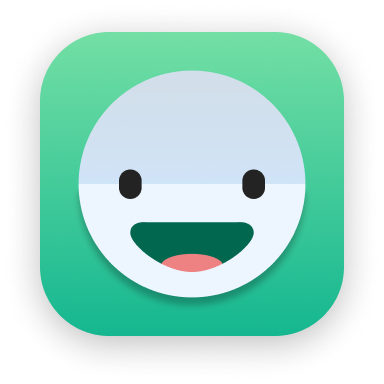
Daylio is an award-winning journaling and mood-tracking app that lets you identify and track your feelings without having to type any words.
This app gives you a variety of videos that portray different moods and allows you to choose the video that best reflects your mood at the moment.
This is a great tool for people who would rather visually select how they feel than try to find the words to describe it. You can also match your mood to your activities, and add in any additional notes that feel relevant.
This app features a “Statistics and Calendar” tool that lets you record your moods in a way that allows you to identify patterns in your feelings and behaviors. You can go back and reference your moods from the past to help learn how to manage your depression.
2. MoodKit
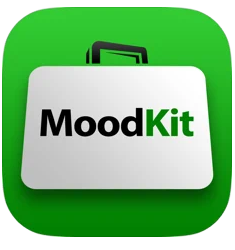
MoodKit gives users tools that are based on cognitive behavioral therapy to help manage depressed mood, anxiety, and stress.
The mood tracker app is divided into four sections: Activities, Thoughts, Mood, and Journal.
The “Activities” section includes an area for the user to input their specific goals related to their social life, their productivity, their personal enjoyment, and their physical and healthy habits.
The user can select from a variety of activities that have been selected from evidence-based practices to improve one's overall wellness, in order to create a list of favorites. Or they can choose their activities at random.
Some of the activities users can choose from include various types of physical fitness, time-management tools, mindfulness techniques, tips for healthy eating, and techniques for increasing social skills.
The “Thoughts” section gives the user space to describe stressful situations that have recently occurred, and their reactions to these events. Users can then compare their recorded reactions to several “thought distortions” that are known to be common by behavioral therapists.
Users are asked to rate their moods in the “Mood” section, and this can be done as often as one wishes to do so. The “Journal” section is for users to write journal entries or additional notes.
Finally, there are some tips for advice and goal-setting in a “Thrive Tips” section.
This mood tracking app is intuitive and easy to use. It follows a well-researched therapy model for people struggling with anxiety, stress, and depression, making it a convenient tool for people to use when they want to improve their mental health.
3. Worry Watch
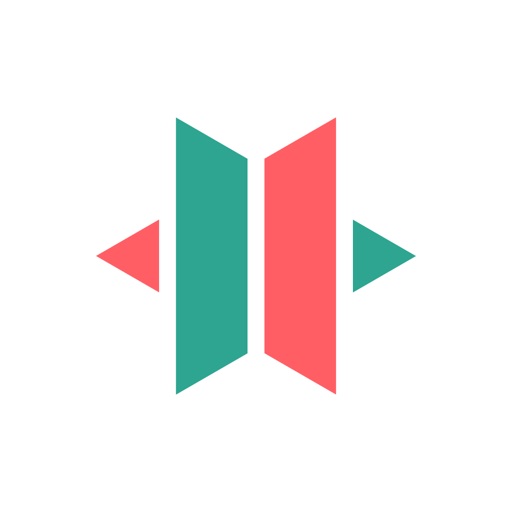
Worry and anxiety often occur when you are thinking of the worst possible outcome for an upcoming event, which hardly ever ends up being what actually happens.
Worry Watch is an app that helps you track your anxieties and turn them into a positive experience so you can gain back some control in your life. When you track your worries over time, it will help you understand the pattern of what you worry about and identify a more effective way of handling those situations in the future.
When logging your worries into this app, you can choose from six categories of context: your professional life, family, money, health, social life, and other. The app then offers several ways that you can analyze your data. You can view all of your logged worries by outcome, context category, or day.
You can review your results for the past year as a line chart, as a bar chart to show you day-long or month-long trends, or as a pie chart that displays the category or outcome of your worries. By carefully observing your worries and their outcomes, you will be able to see that, most of the time, your worries don't come true.
4. eMoods
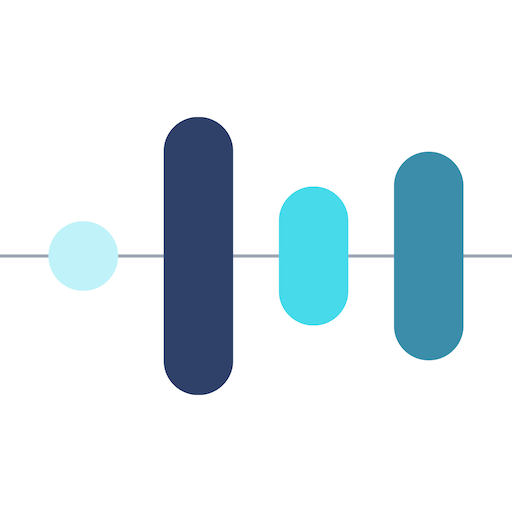
eMoods is a specialized mootracking app that is designed for people who are struggling with bipolar disorder. For each entry, users rate their mood, irritability, and anxiety on a four-point scale, ranging from “none” to “severe.” Users are also asked to record whether or not they are experiencing psychotic symptoms. Behavioral data is also recorded, which includes the amount of sleep the user got the night before, if the user has been in therapy recently, and the user's current medications.
Users rate their symptoms once a day, at the same time each day. This app is especially helpful for tracking the core symptoms of bipolar disorder, and for identifying a pattern of positive or negative moods. The notes section allows users to log any additional relevant information, such as any recent substance use or changes in appetite. While this app is made for people with bipolar disorder, it can also be useful for people with general anxiety or depression.
5. MoodTrack Diary
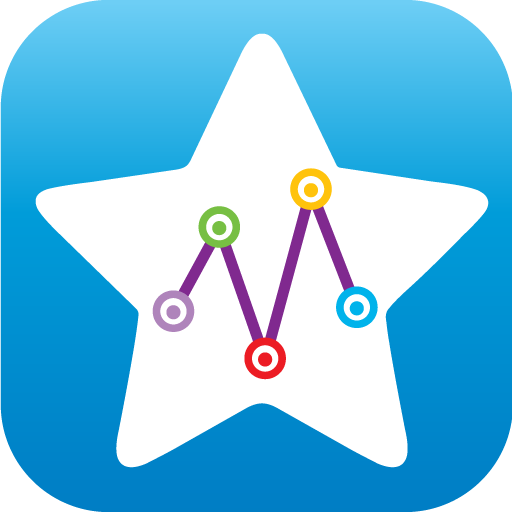
This app is designed for users to be able to keep track of their moods. It is intended to help people feel empowered with the ability to manage their moods by making better decisions that may impact how they are feeling.
MoodTrack Diary encourages users to rate and record their moods several times throughout the day, and it gives users a central place to write down relevant or significant daily events and medication use.
The mood tacking app displays the user's mood ratings on graphs to illustrate patterns and possibly uncover triggers for certain moods. It also lets users interact with each other through social media so they can give and receive feedback. This app was created to be a helpful addition to professional mental health treatment.
6. Breathe2Relax

This stress management tool helps users learn how to use diaphragmatic breathing techniques to help control their stress. It also gives users information regarding the biology of stress and breathing and the impact that stress has on the body, as well as instructions on how to execute diaphragmatic breathing. Users also find this app to be helpful during meditation practice.
This mood tracking app offers instructional videos, coaching, and progress reports. Progress results are plotted on a graph each month to allow users to measure their improvement. This app is a convenient tool to use whenever you feel the need to do some relaxation breathing.
Breathe2Relax exercises are based on extensive mindfulness, breathing, and stress management research.
7. Smiling Mind
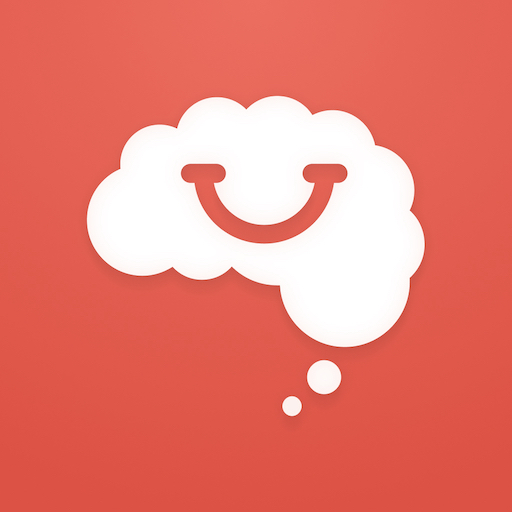
This app provides a collection of meditations for almost anybody in any situation. Children and adults alike can benefit from this app and the hundreds of tools it provides.
Users can take advantage of guided grounding body scans, deep-breathing meditations, and sensory exercises. Smiling Mind includes complete programs for children of various age groups, a program that is designed to be used in the workplace, and even an athletic program. Users have the option of listening to short meditations or longer versions of meditations with less guidance.
This app even comes with a “Mindfulness Curriculum” that is often used by teachers with their students.
Smiling Mind offers a great collection of meditations for families who want to practice meditation but don't know where to start. The content for each age group is age-appropriate and relatable. Smiling Mind also has helpful features such as a “favorites” section and a tool to track your progress.
8. iMoodJournal
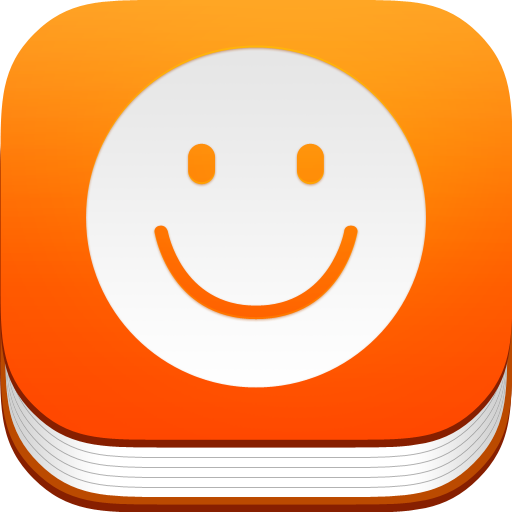
iMoodjournal provides users with the ultimate journaling and mood charting tool. It tracks users' moods, quality of sleep, medications, energy, symptoms, stress, anxiety, and anything else people want to document. It helps users pinpoint possible causes of mood changes and gain some new insights into their mental health.
The user-friendly interface allows you to view mood reports in daily, weekly, or monthly charts that will help you identify trends in your moods. By using hashtags in the journaling section to describe feelings, moods, and emotions, users can go back and look for triggers or patterns in their moods, and make necessary changes to their lifestyles to minimize the occurrence of negative moods.
9. MindShift® CBT
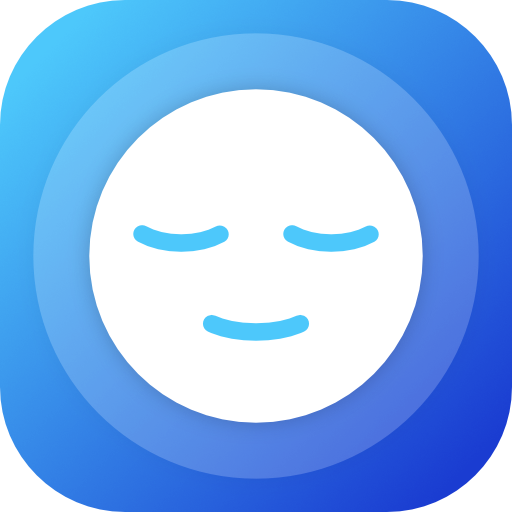
MindShift® CBT is an app that is based on the scientifically proven strategies of cognitive-behavioral therapy, which help users who are struggling with symptoms of anxiety and depression.
This app can help people ease their minds and manage their triggers between therapy sessions.
Users can customize the settings to personalize this app. For example, if your anxiety is triggered by new social situations, you can use this app to help you learn how to relax when you're around people you don't know.
MindShift helps users develop thought patterns that are more conducive to living a happy life, and identify practical steps to help them conquer anxiety.
This app offers strategies to overcome everyday anxiety and specific tools to use when facing panic, worry, and conflict.
10. Self-Help for Anxiety Management
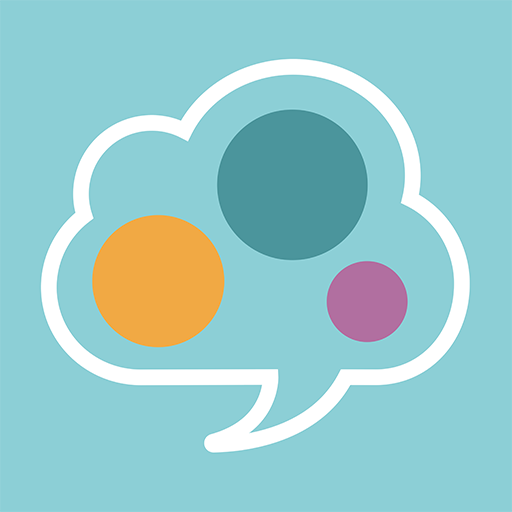
Self-Help for Anxiety Management (SAM) equips users with information, helpful resources, guidance, and 25 self-help tools to help find the most effective way for people to manage their anxiety. People can use this app to construct their own anxiety management toolkits and connect with other people through a closed social network of other SAM users who are also working on reducing their anxiety.
Designed with high standards of usability in mind (along with scientifically proven strategies to help manage anxiety), this app is an easy and approachable resource for people who want to do some self-help. Users find that this app offers practical tools to help manage everyday occurrences that produce anxiety.
11. Track Your Happiness
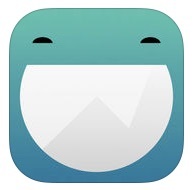
This app, which was developed by Harvard University researchers, texts users questions throughout the day about how they are feeling and what they're doing. The creators of this app believe that if users measure their experiences at a lot of individual moments, they can get an accurate idea of their overall life and the determinants of their happiness.
For every 50 responses to these texts, the app generates a happiness report, so users can see exactly when and where they tend to feel their best. They can then do that activity more often. This app can help people learn a little more about themselves as patterns start to develop in the graphs provided by the app.
Conclusion
Mood tracking is therapy. It can help you prevent the early symptoms of mental health issues like depression, panic attacks, and bipolar disorders. However, this doesn’t mean that it’s only for those with mental health problems.
Keeping a mood diary lets you become more aware of the feelings you have and the things that cause them. When you understand yourself, you are better able to determine how to become happier.
Try any of the 11 mood tracker apps we provide above and see which one is the most comfortable for you to use. Once you find the app that best suits your taste, download and install it so you can start using it. Hopefully, you’ll start to gain valuable insights into what positively and negatively impacts your moods.
Finally, one proven way to improve your happiness and life satisfaction is to focus on goals that truly matter. To get started, check out this FREE printable worksheet and a step-by-step process that will help you set effective SMART goals.
Was this article helpful?
Share the love and happiness on your favorite social media network and let the world experience the benefits of mood tracking!
